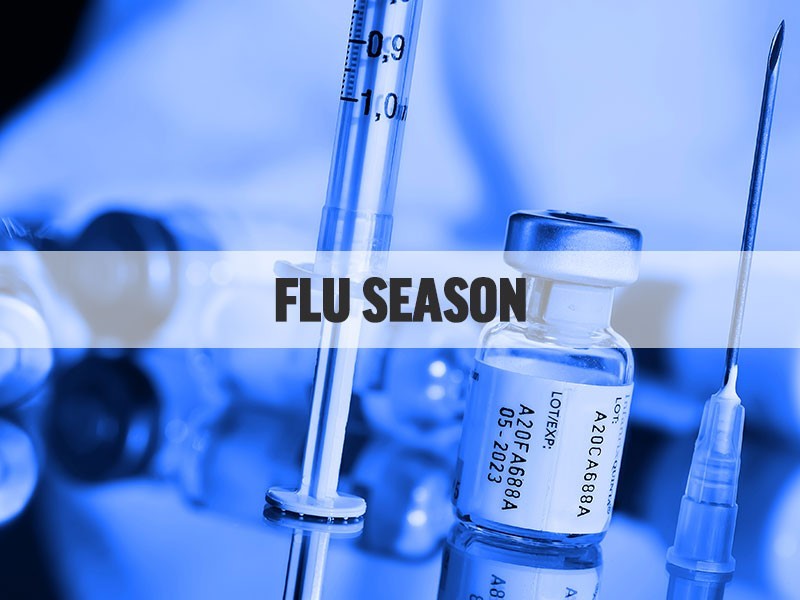We're more than halfway through the flu season and so far this season has been something of a roller coaster, according to medical officials.
The first of the year started with high numbers, then the cases tapered off and now they're on the upswing again. The Georgia Department of Public Health said so far there have been 15 flu-related deaths in Georgia and 1,147 hospitalizations related to the flu since September 2018. (See weekly statistics here.)
Erica Melling, a certified Physician's Assistant with Gwinnett Medical Center's Choice One Urgent Care, said while the numbers this year are well below the 2017-18 season, she doesn't want to discount the severity of what she and other health care professionals have been seeing in their offices.
"It's a pretty typical H1N1 presentation this year. As far as severity, flu season is always pretty severe," Melling said. "Last year was exceptional, but not to downplay this year. It's still a pretty severe presentation and we're seeing a little uptick in a number of presentations the last few weeks."
Melling said there are no surprises with this flu season. She said patients are showing up with cough and fever and chills. Plus, Melling pointed out that even though there's a designated flu season, people can catch the flu just about any time of year; she said flu germs are very contagious.
"Anywhere there's a bunch of people together in a small enclosed area, you're going to have increase of transmission," Melling said. "Transmission is through droplets, so if someone coughs or is even talking, the virus can be spread through particulate matter in the air. You can breathe it in, you can touch a surface that was contaminated."
Melling said transmission tends to spread, too, when patients don't take enough time to get completely well.
"It is important that you stay healthy and hydrate and rest and give yourself time to heal," Melling said. "It's also important to remember that there's a contagious period. That period can start a day before your symptoms present and extend at least four days into your illness. It could be even up to seven days of contagiousness from symptom onset."
With another seven weeks left in the official season, she said it's still a good idea to get a flu shot if you can.
"I would always recommend a flu shot. It's never too late. Of course, if you get the flu shot, that doesn't mean that you are immune from getting the flu at all, but if you do get the flu shot, it decreases the risk of getting the flu itself. It also decreases the severity of the symptoms," Melling said.


















